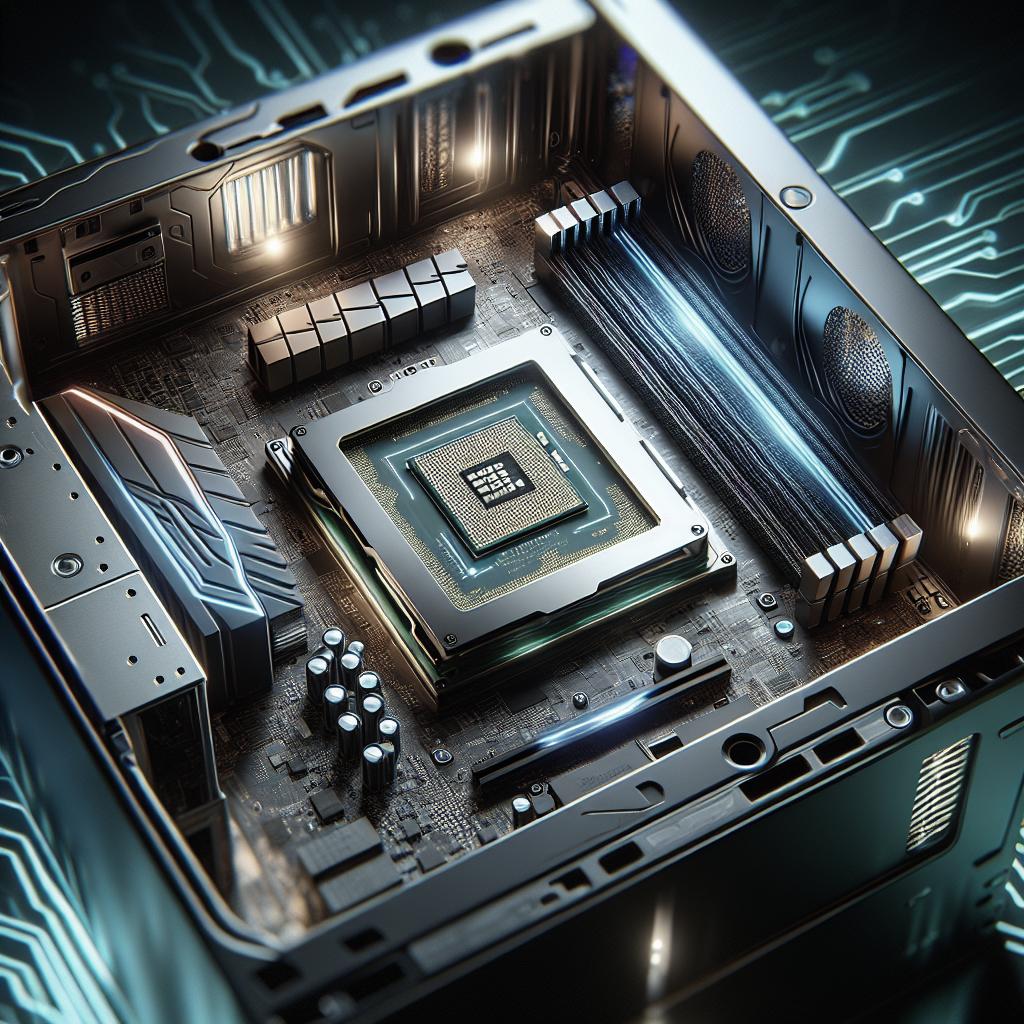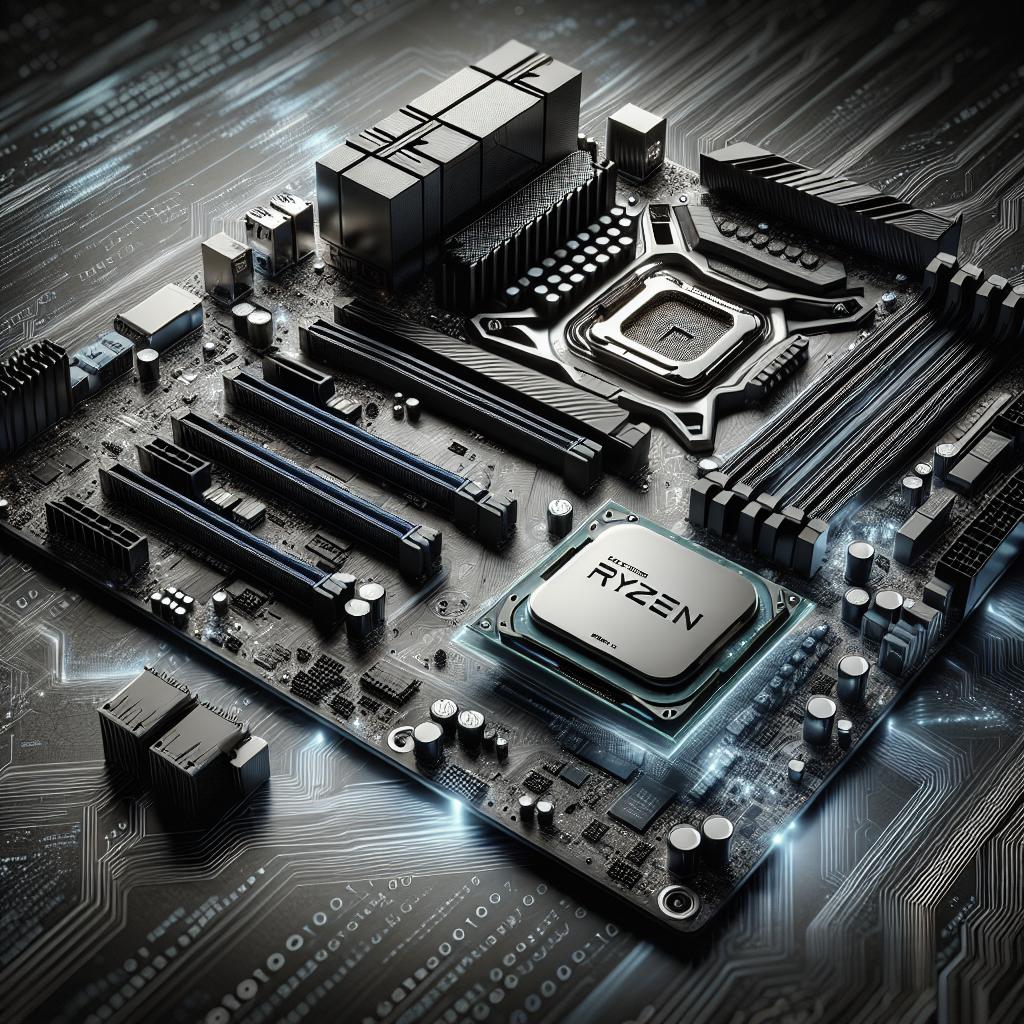“`html
How Long Do Power Supplies Last?
When assembling or maintaining a PC, the power supply unit (PSU) is often an overlooked component. However, the longevity of a PSU is crucial, not only for the operational health of your computer but also for ensuring reliability during intensive tasks. This article explores how long power supplies last, the factors impacting their lifespan, indicators of a failing unit, and tips for extending their lifespan. We also address common questions and gather insights from industry experts. Dive into understanding the importance of a robust PSU and stay updated on technology trends.
How Long Does A Power Supply Last?
Typically, a power supply unit (PSU) lasts between five to ten years, depending on various factors such as usage patterns and build quality. A well-maintained PSU can surpass this average, but high demands or inadequate conditions might reduce its lifespan. The longevity also depends on whether the PSU is modular or non-modular, with modular PSUs often offering better build and life expectancy due to their customizable nature.
Every PSU manufacturer provides an estimated lifespan and warranty period to guide consumers. Understand that these numbers are often calculated under ideal conditions, thus real-world usage might yield different results. Given the critical role a PSU plays in a computer system – essentially acting as the heart that pumps life into the components – ensuring an optimal lifespan is of utmost importance.
What Factors Affect The Lifespan Of A Power Supply?
Power Surges
Power surges are a significant threat to the integrity of a PSU. Sudden spikes in power can damage internal components, leading to premature failure. In regions with unstable electricity, investing in a surge protector can save a PSU—and often more delicate PC parts—from damage.
A continuous power surge can degrade the protective capabilities of the PSU’s internal circuitry, leading to inefficiencies and eventual breakdowns. Hence, incorporating a stable power source is essential for extending the life of your PSU.
Quality
The build quality of a PSU directly impacts its durability. High-quality PSUs come with robust components that can handle greater wear and tear over time, ensuring a longer service life. On the contrary, cheaper PSUs may not only tend to fail quicker but can also pose a risk to other PC components.
Investing in a reputed brand and ensuring it complies with certifications like 80 PLUS can make a considerable difference. These certifications indicate higher efficiency ratings, which indirectly suggest better build quality and longevity.
Continuous vs. Peak Wattage
PSUs are often rated based on peak wattage, but continuous wattage is a more reliable benchmark for longevity. A PSU consistently running at its peak wattage is under more strain, which can reduce its lifespan compared to one operating within its continuous wattage specifications.
Selecting a PSU with an appropriate wattage that accommodates the demand of your system comfortably is crucial. This prevents undue stress and promotes a longer operational life.
Dust
Dust accumulation significantly affects a PSU’s efficiency and lifespan. Blocked vents and clogged up internals can lead to overheating, which is a common cause of PSU fry-ups.
Regular cleaning and maintenance routines, including dusting and ensuring adequate airflow, can mitigate these risks. A PSU’s fan plays a critical role, and if it’s impeded by dust, the cooling efficiency is compromised, accelerating deterioration.
Capacitors
Capacitors within the PSU bear most of the load and are susceptible to aging and wear. Good-quality PSUs use capacitors rated for high temperatures and extended use, which can withstand harsher conditions without deteriorating quickly.
It’s worth noting that the capacitor’s lifespan is often what determines the lifespan of a PSU, hence their quality is a pivotal consideration during purchase.
How To Tell If A Power Supply Is About To Die?
Distinct signs can indicate an impending PSU failure. Most common are random system reboots and unexplained shutdowns. Such irregular behaviors often signal that a PSU is struggling to provide steady and adequate power. Another indication might be unusual noises, such as whining or clicking sounds emanating from the PSU fan.
Monitoring these symptoms along with voltage fluctuations can be critical. Employing a PSU tester can also give you insight into the health of your unit, offering readings on voltages supplied to various components to predict failures before they cause damage.
How To Increase Power Supply Lifespan?
Ensuring a longer lifespan for your PSU starts with choosing a model that matches your computing needs in terms of power and efficiency. Maintaining a clean environment devoid of dust, along with adequate cooling, also contributes to prolonging its life.
Additionally, using surge protectors or Uninterruptible Power Supplies (UPS) offers extra protection against power fluctuations. Elevating the PSU away from the floor prevents it from being a dust magnet and helps maintain a regulated temperature.
FAQs
Q: How often should I replace my PSU?
A: If maintained properly and without any apparent issues, a PSU can last 7-10 years before replacement is necessary.
Q: Can a failing PSU damage other components?
A: Yes, a failing PSU can potentially cause damage to other computer parts if it outputs irregular voltages or currents.
Feedback By:
We invite enthusiasts and professionals to weigh in on their experiences with PSUs. Have you encountered any unique scenarios or additional tips on managing PSU lifespan? Share your thoughts and insights to help the community grow.
Gear Up For Latest News
Stay abreast of the latest in technology with our current articles:
Join Our Community
Interact with fellow tech lovers and stay informed about cutting-edge technology trends. Join our newsletter for exclusive insights, reviews, and advice.
Related Articles
- Is It Safe To Buy Intel CPUs Now?
- Is AMD Losing Its Edge? A Look At Recent Trends
- Nobody Wants To Die: Feels Like Watching A Netflix Crime Show
- 3DMark Suite: A Complete Guide To All Features
- AMD EXPO: Features & How You Can Enable It
Gear Up For Latest News
Stay abreast of the latest in technology with our current articles:
Mouse CPI: Everything You Need To Know
What Is Cybenetics Certification In Power Supplies?
How Much Does A PC Weigh? [Gaming PC Weight]
How Long Does Thermal Paste Last? [Answered]
GPU Idle Temperature: Precautions & Guide
Final Thoughts
| Aspect | Details |
|---|---|
| Lifespan | 5-10 years depending on usage and conditions |
| Factors Affecting Lifespan | Power surges, quality, wattage specifications, dust, capacitors |
| Indicators of Failing PSU | Unexpected shutdowns, noise, voltage inconsistency |
| Increasing Lifespan Tips | Proper choice, cleaning, use of surge protectors/UPS |
“`


